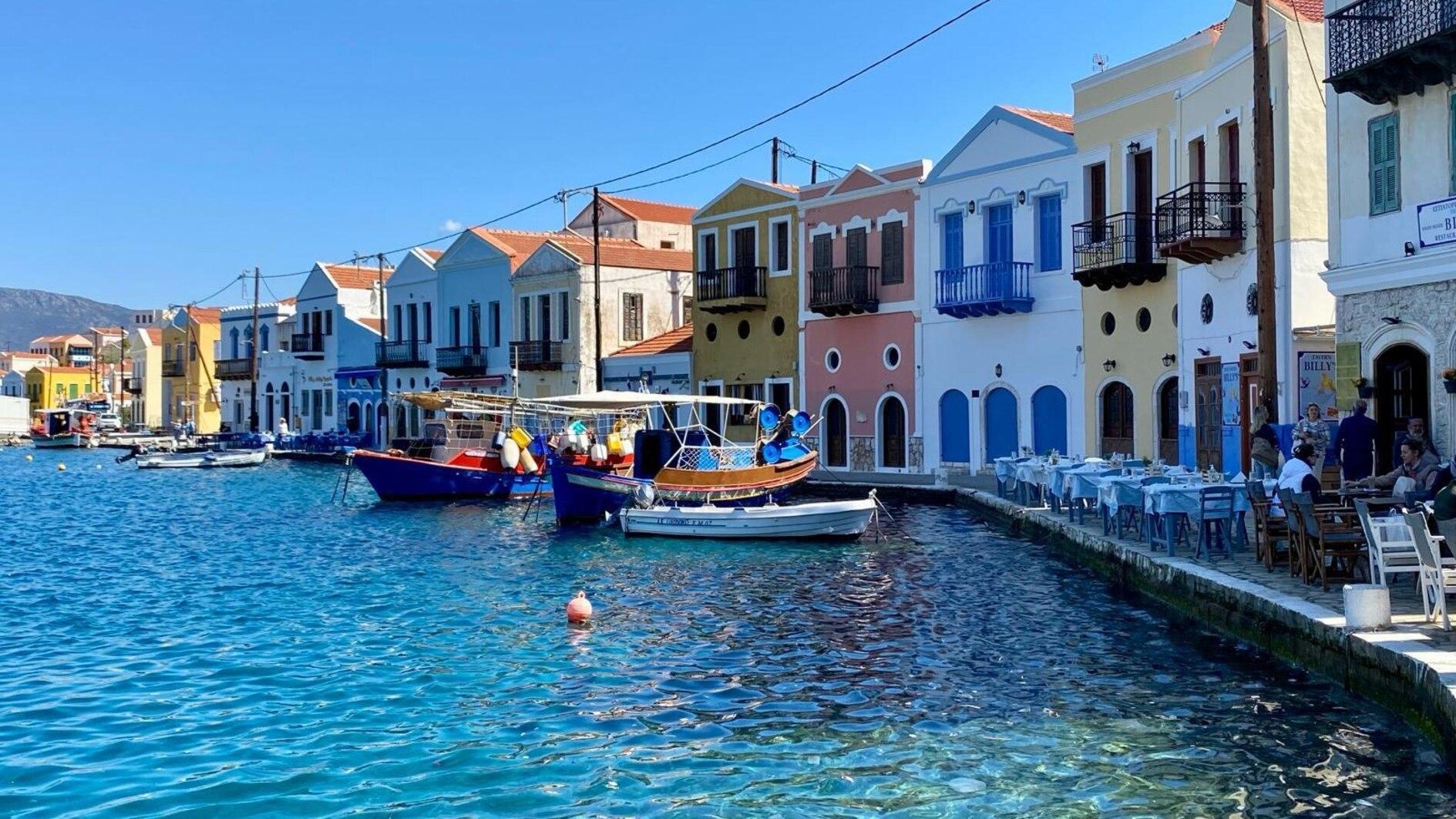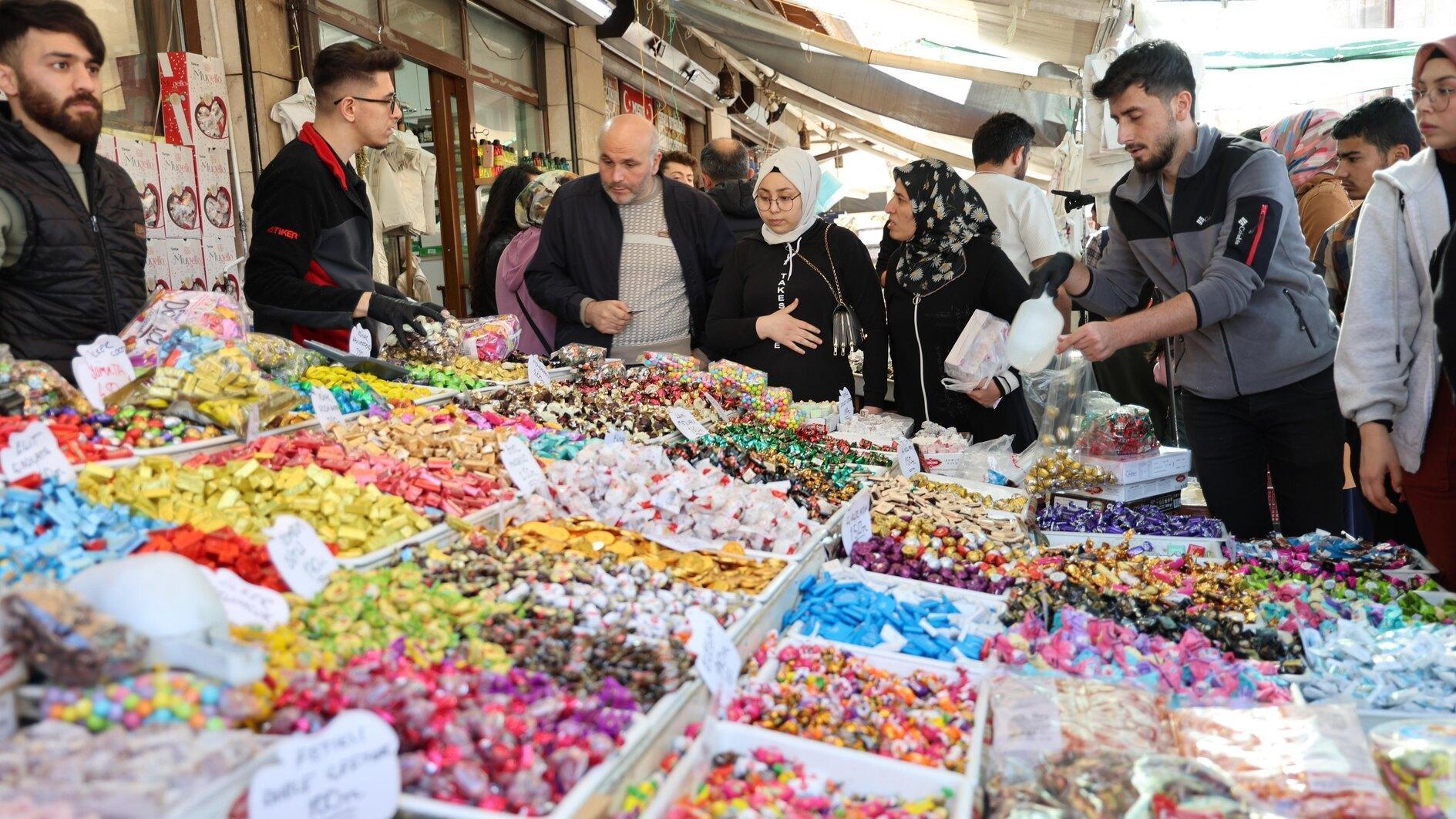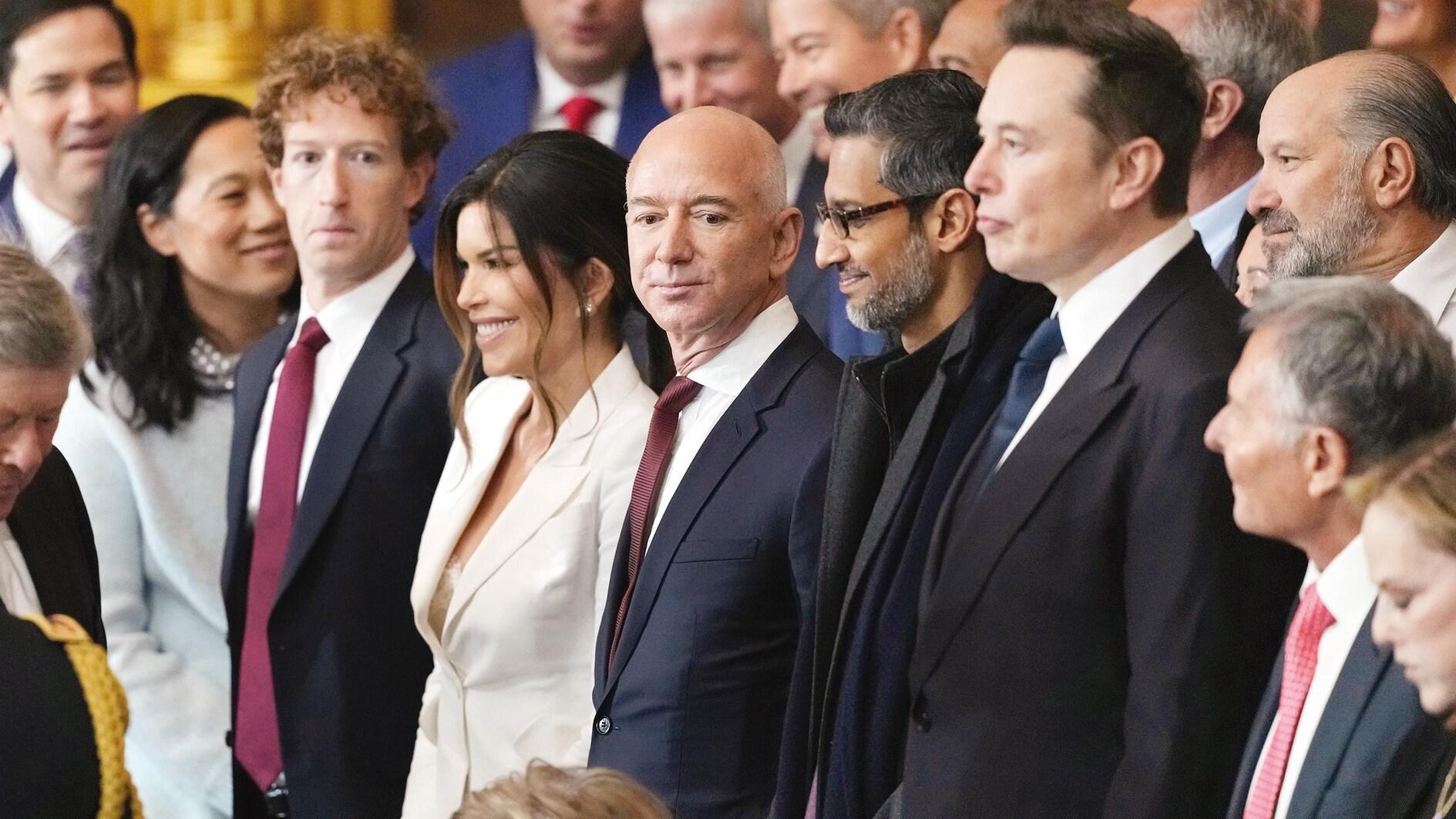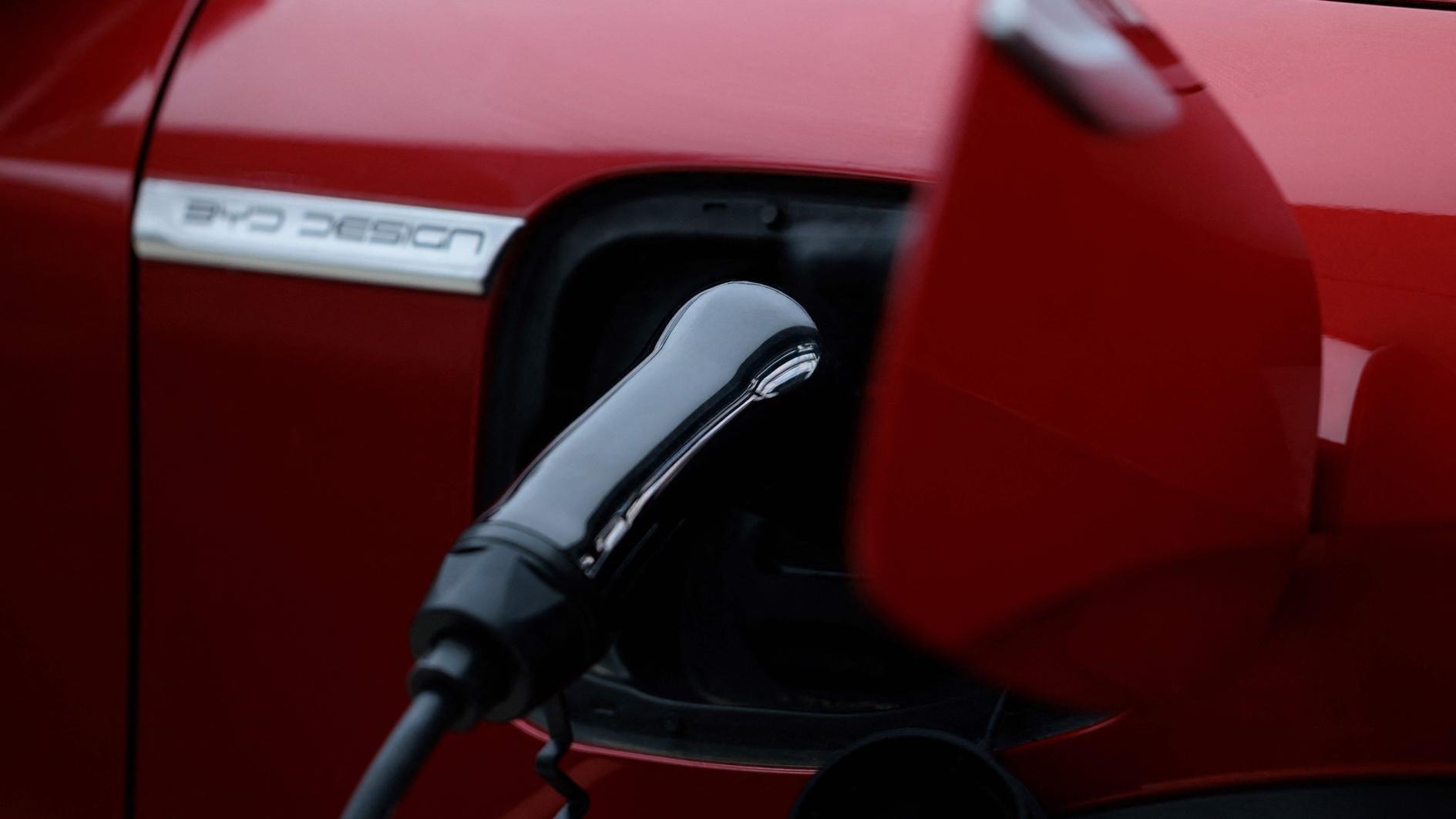The end of all Arab Springs
It could have been avoided. “The state mind,” as we say, could have acted better. There have been intelligence reports of a possible uprising since May, but Ankara decided not to take them seriously. The Kurdish peace talks were intact. The economy was in good shape. Who could have ever dared to challenge the champion of all elections anyway? Then came the closest of all allies.
The Islamic State of Iraq and the Levant’s (ISIL) presence in Turkey’s south is nothing new. But as violence increased, innocent Kurds and Yazidis were forced to flee, and how Turkey was perceived in the West changed dramatically. Unlike how Ankara wants to see it, this was more than social media propaganda. The Justice and Development Party’s (AK Party) youth had developed a secret admiration for the black-flagged guys who chop off heads.
According to Western sources who I spoke to, ISIL wanted to be known as the Army of Saladdin, the protector of the Sacred Lands, including Jerusalem. But, for others, ISIL reminds them of the black-dressed Knight of Rhodes who plundered the Middle East during the Crusades.
So when Kurds picked up their arms and decided to fight ISIL, you can be sure there will be blood. For observers and former soldiers who fought the PKK, the most recent uprising that claimed more than 20 lives marks the end of peace process. A former MP from Diyarbakir and founder of the AK Party, Dengir Mir Mehmet Fırat, said this in an interview he gave to daily Yurt.
“Even the Kurds who supported the AK Party are on the street now. This is the first time that Kurds in Iran, Iraq, Syria and Turkey are acting together. Turkey has to see this and change its policies. Otherwise, this will be the beginning of a very long destructive war in the entire Middle East,” he said.
When the Arab Spring started, the good scenarios focused on the possibility of democracy flourishing in the Middle East. Civil society, women’s rights and freedom of expression was the core of the movement. In its current state, the spring has turned into a long hot summer on Turkey’s border.
Many with conservative and nationalistic views fear that the violence could easily spread to the outskirts of Istanbul, into places like Esenyurt and Sultangazi, where Kurds and conservatives live side by side. In Bağcılar, there is only one street that “separates” the Kurdish neighborhood from the Islamists. Kurds in Istanbul are not stuck in the less wealthy neighborhoods either. Restaurants on İstiklal Avenue and small pubs in Kadıköy area are owned by Kurdish-origin entrepreneurs. A tiny spark of a rumor could turn into a fight and a riot in minutes.
But again, why now? And why in Turkey? Political circles in Ankara feel that they have given enough during peace talks. People living in western Turkey feel that they have sacrificed enough. Islamists feel that Kurds live too secular a life and that the PKK is atheist. Kurds feel that there will never be a better time to push for a unified Kurdistan cause.
The only way to get out of this bitter quagmire is to face the fact that the Islamization of education, lifestyle, culture and more has cost Turkey too much. The stock market may not react to the law that enables high school girls to wear the headscarf. But people do. Step by step, inch by inch if you push for a more religious state, you should be prepared to face a reaction.
In Gezi, it was the big-city dwellers who rose for their lifestyles and values. For Kobane, we are now seeing a similar but more violent uprising by Kurds. As Peoples’ Democratic Party (HDP) co-leader Selahattin Demirtaş said: “As ISIL sold our girls in slave markets in Mosul and killed our brothers in Şengal, Kurds realized that the AK Party was not going to do anything. The mass media may not show these things but we are watching. And Kurds are angry.”
How the media dilutes the message and creates more danger is another long story.











